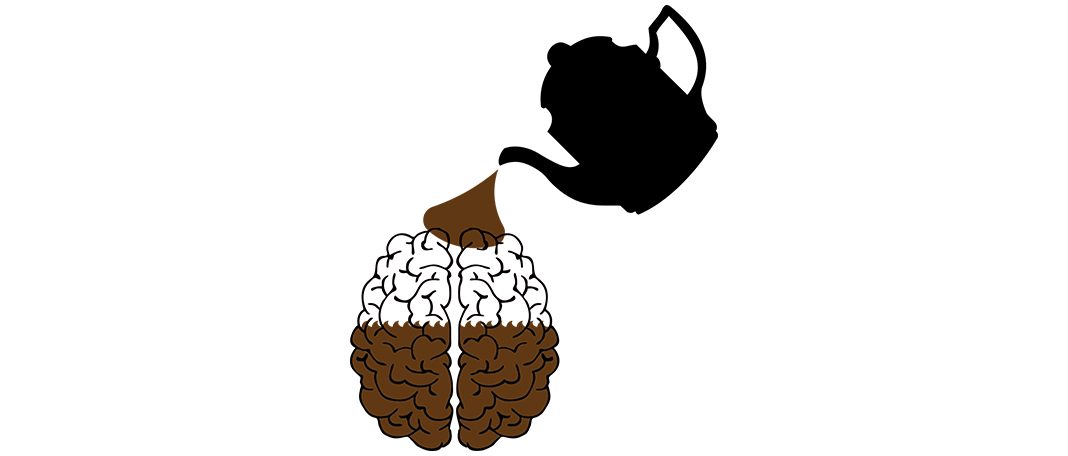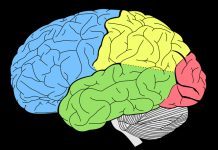A recent placebo-controlled study says too much caffeine consumption can remarkably reduce the volume of gray matter in the human brain. Researchers say regular coffee intake can affect the gray matter in the brain, but the effects are temporary. These findings did not imply caffeine negatively impacts the brain but suggest the drug may induce a kind of temporary Neural plasticity. Neural plasticity is the nervous system’s ability to adapt to the changes in an individual’s environment. “Our results do not necessarily mean that caffeine consumption harms the brain, but daily caffeine consumption affects our cognitive hardware, which in itself should give rise to further studies,” says Reichert
Gray Matter in Brain
Our brain and the central nervous system consist of both gray and white matter. White matter sends information while gray matter processes the information. The gray matter consists of a major component of the central nervous system such as neuronal cell bodies, neuropil, glial cells, synapses. In short, it is the house of the neuron’s nucleus. Gray matter plays a significant role in our day-to-day activities. It also helps to control muscle and sensory perception.
What Did Research Say?
Researchers have discovered that regular caffeine consumption can reduce gray matter, whereas other research suggests caffeine could confer neuroprotective effects, leading to Alzheimer’s and Parkinson’s.
This study’s main aim was to analyze caffeine’s influence on gray matter, which affects sleep. A group of 20 young people was recruited for this study. They were given tablets for two 10-day study periods and were asked not to take any other caffeine during this period. During the first half of the study, they had tablets with caffeine, and on the other half, they had placebo tablets (no active ingredients). At the end of each 10-day program, the researchers measured the participants’ gray matter through fMRI brain scans.
Sleep Affected, but Not Because of Gray Matter
The results revealed significant reductions in the gray matter after 10 days of caffeine, but there was no reduction seen after 10 days of placebo. Participants’ sleep quality was also recorded by the electrical activity of the brain (EEG).
“The changes in brain morphology seem to be temporary, but systematic comparisons between coffee drinkers and those who usually consume little or no caffeine have so far been lacking,” says Reichert.
At the end of this study, they found no difference in slow-wave sleep patterns. It proved that the gray matter reduction has nothing to do with sleep disruptions, but other coffee ingredients do. This research also reveals that caffeine is not something to avoid.


















